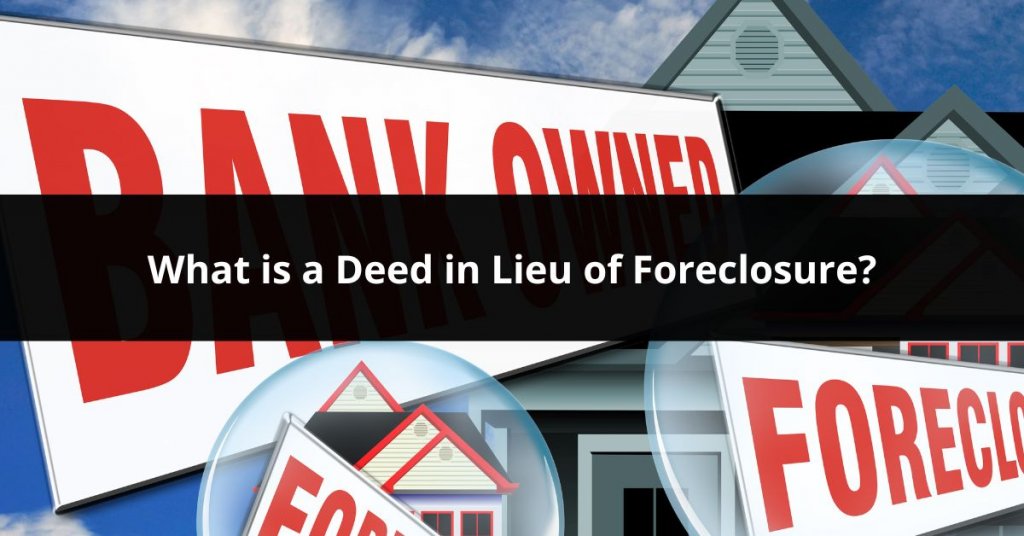A deed in lieu of foreclosure is an arrangement you make with your lender to avoid foreclosure after you’ve exhausted all other options. When you make this agreement, you transfer your house’s deed to your lender. Your lender then forgives the amount left on your loan and agrees to not foreclose on your home. And don’t worry, a deed in lieu of foreclosure is nothing to be ashamed of, thousands of Americans find themselves in tricky situations from job loss to medical bills.
A deed in lieu of foreclosure is normally used as a last resort. And a deed in lieu of foreclosure may be a good option for you if you are:
- Behind or no longer can afford your mortgage payments
- Underwater on your mortgage
- Facing a long term financial hardship
- Struggling to sell your home
- Don’t have a lot of equity in your house
- Trying to avoid public notoriety
- Don’t want an eviction from your home
The Differences Between Deed in Lieu of Foreclosure vs Other Traditional Options Include:
| Deed in lieu of foreclosure | Short Sale | Foreclosure | |
| Must get approval from your lender | X | X | |
| Ownership transfers to the lender | X | X | |
| Ownership transfers to a buyer | X | ||
| May qualify for relocation assistance | X | X | |
| Takes around 90 days | X | ||
| Typically takes 3+ months | X | ||
| Can take longer than a year | X | ||
| Credit score can drop 50 – 125 points | X | ||
| Credit score can drop 85 – 160 points | X | ||
| Credit score can drop 100+ points | X |
If after reviewing all of your options and you determine a deed in lieu of foreclosure is right for you, there are the five steps to take:
- Reach out to your lender and let them know the details of your situation.
- Fill out an application for a deed in lieu of foreclosure and submit it with supporting documentation about your income and expenses.
- If approved, you’ll work with your lender for the best option for you to leave your home.
- To finalize your deed in lieu of foreclosure, you’ll be required to sign a deed and an estoppel affidavit which includes what is being agreed to.
- Once the process is complete, the house then belongs to your lender and you no longer can reclaim ownership.
The good news is that you can still qualify for a mortgage after a deed in lieu of foreclosure.
Each loan type has its own mandatory waiting periods and qualification requirements.
| Loan | Waiting Period | With extenuating circumstances |
| Conventional | 4 years | 2 years |
| FHA | 3 years | Less than 3 years |
| VA | 2 years | Less than 2 years |
| USDA | 3 years | Less than 3 years |
Life often gets in the way of our best-laid plans, and you’re not alone if you’re facing foreclosure. It happens to thousands of people each year. A deed in lieu of foreclosure could be a way to remedy your situation. So give your lender a call and see if they’ll allow this as an option for you.

